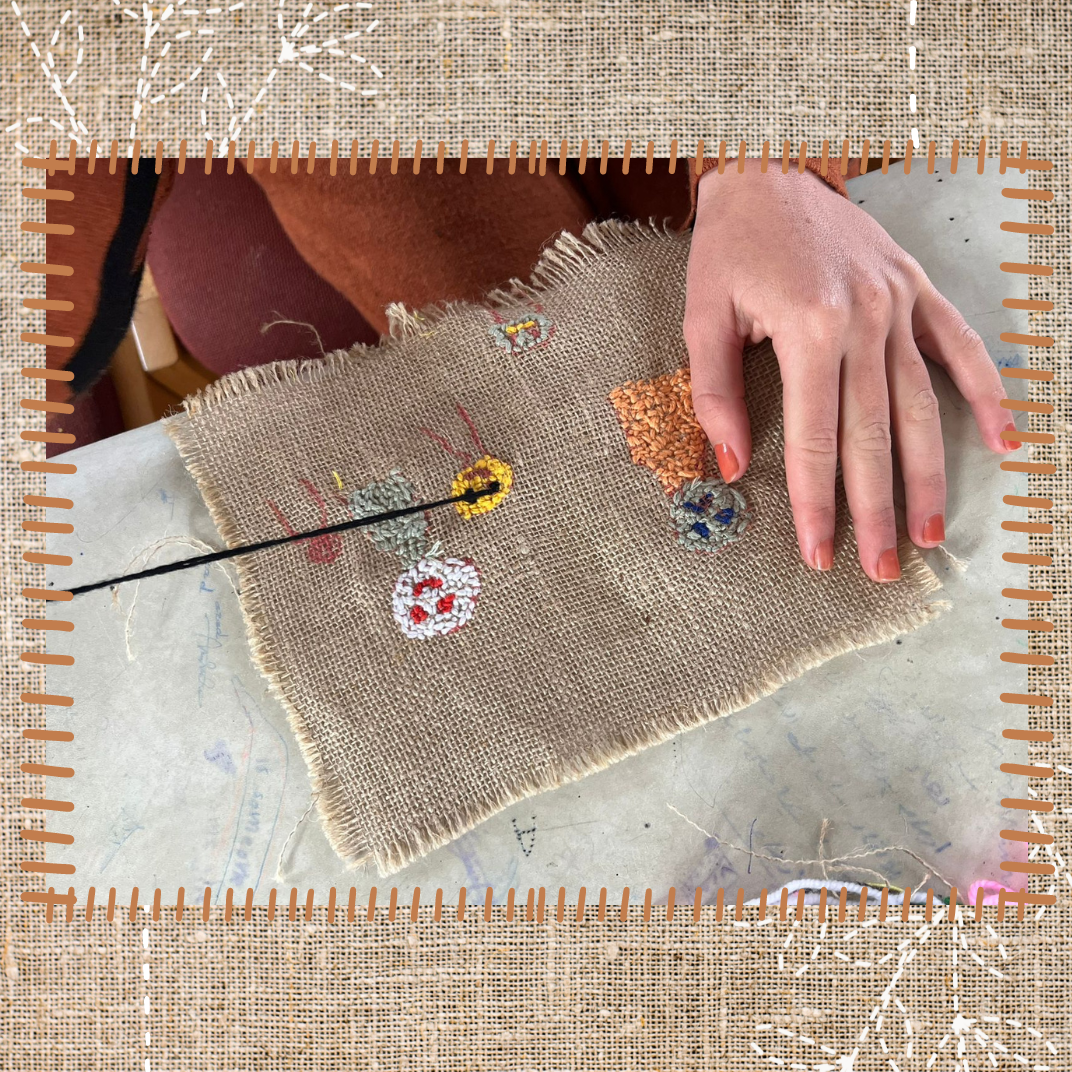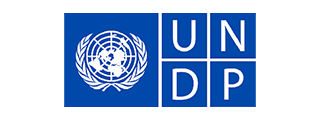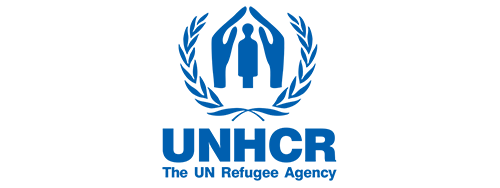
Author: Lena Schmid
Textile-art-therapeutic work in our Hekayat and the Rawabet project in Nineveh, Iraq
A few months ago, we completed our Hekayat project (حكايات Arabic: stories, narratives) in Al Shekan in Iraq, in which women received psychological support that included a textile therapy component followed by community dialogue. Participation in the textile art therapy groups supported members in the healing process, and facilitated the collective “weaving, embroidering and knitting” of a social support network in a wonderful way. We are continuing this component in our new project Rawabet (روابط Arabic: connections), which began in May, in Mosul, Iraq.
Artistic and cultural expressions promote healing and reconciliation
Artistic and cultural resources are increasingly recognized as beneficial in post-conflict reconciliation efforts and are being incorporated into mental health interventions. Textile making has unique psychological value in Iraq because of the background and culture in the West Asian region. The heritage of textiles is a living tradition inherited from ancestors and passed on to descendants. Textile practices allow us to find a shared language, work with psychological wounds and support healing. Through crafting, handwork, and talking about the finished pieces community dialogue is encouraged, and awareness about issues of social cohesion and peace are brought to light.
The underlying psychological effect of textile-art-therapeutic work
The girls and women who participate in our groups enjoy the aesthetics of the objects; their colours and shapes. They enjoy the grounding quality of the craft activity. A psychological satisfaction is stimulated by individual creation and a social satisfaction by working and acting together in a group. Thus, textile crafts are an effective means of coping with difficult states of mind; especially when the object being made addresses the feelings and experiences being coped with. Under the guidance of a psychologist, the emotions expressed are discussed and shared with the group. In conjunction with psychological care, the practice helps to illuminate a person’s feelings, inner conflicts, stressful experiences, and strengthen and develop ways to cope and overcome difficulties.
Why this work is important for the communities in Nineveh, Iraq
After all the repeated violent conflicts that have taken place due to political instability and weak political systems before, and since independence from the British colonial power, to the only recently delimited terror by the Islamic State, the people of Iraq still suffer from the effects of violence. It has resulted in psychological injuries, mistrust, and the negative portrayal of one community by another. Social reconciliation in such a diverse context, with atrocities and psychological wounds on all sides, is a process that involves restoring trust and hope within a society, carefully examining feelings and beliefs about different ethnic and religious groups, changing attitudes, and developing shared values and increased cooperative behaviour. It is also a process of reorientation that involves finding a reason to continue living together in a community and society and restoring personal human dignity. Bottom-up approaches that allow people to take charge of the process themselves are needed as a complement to top-down measures to achieve reconciliation, active coexistence, and sustainable peaceful relationships.
We work purposely to strengthen women participation in community and wider society
Women were particularly affected during the recent conflict and need specific approaches to mental health care, increased participation in reconciliation efforts, and overall participation in community life and representation in public spaces. The importance of women’s participation in reconciliation efforts is related to their specific painful experiences and stresses from the war and the related perspective on reconstruction work. We work with women of different ethnic, social and religious backgrounds, and in our work, we see the healing effects of psychosocial activities, and the many resources and competencies that women have and can bring to contribute to peaceful coexistence. As well as bringing value and insight into the process of healing and peace, women have a right to equal participation in reconciliation. In a context like Nineveh, with massive structural constraints on women, efforts to strengthen and encourage them in building a peaceful social life are particularly fruitful if they take place at the local level in communities and through grassroots organisations.












